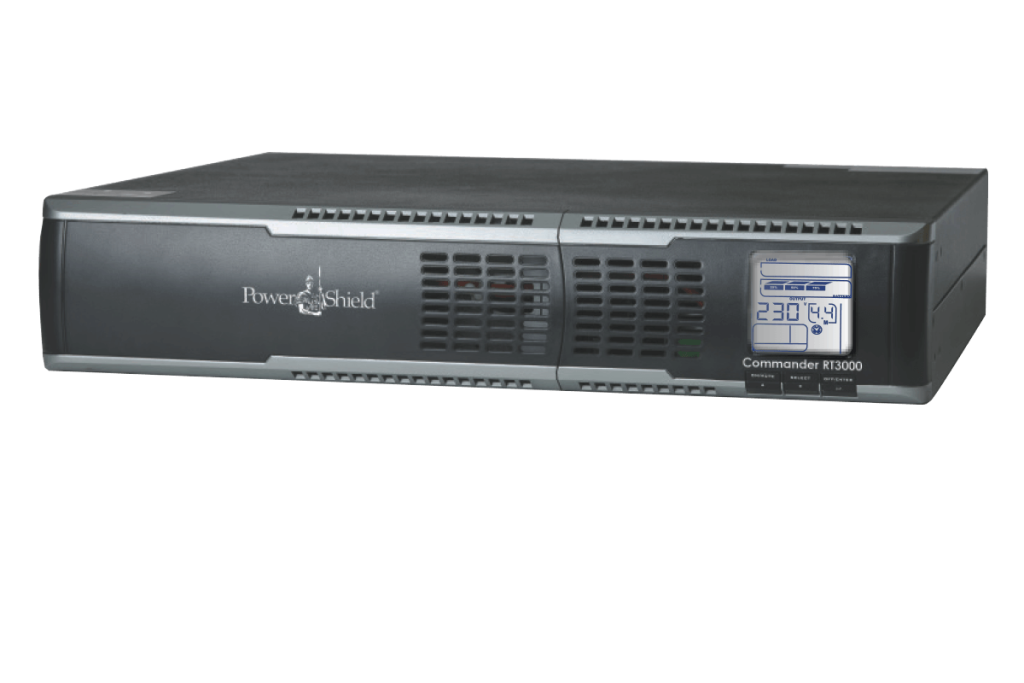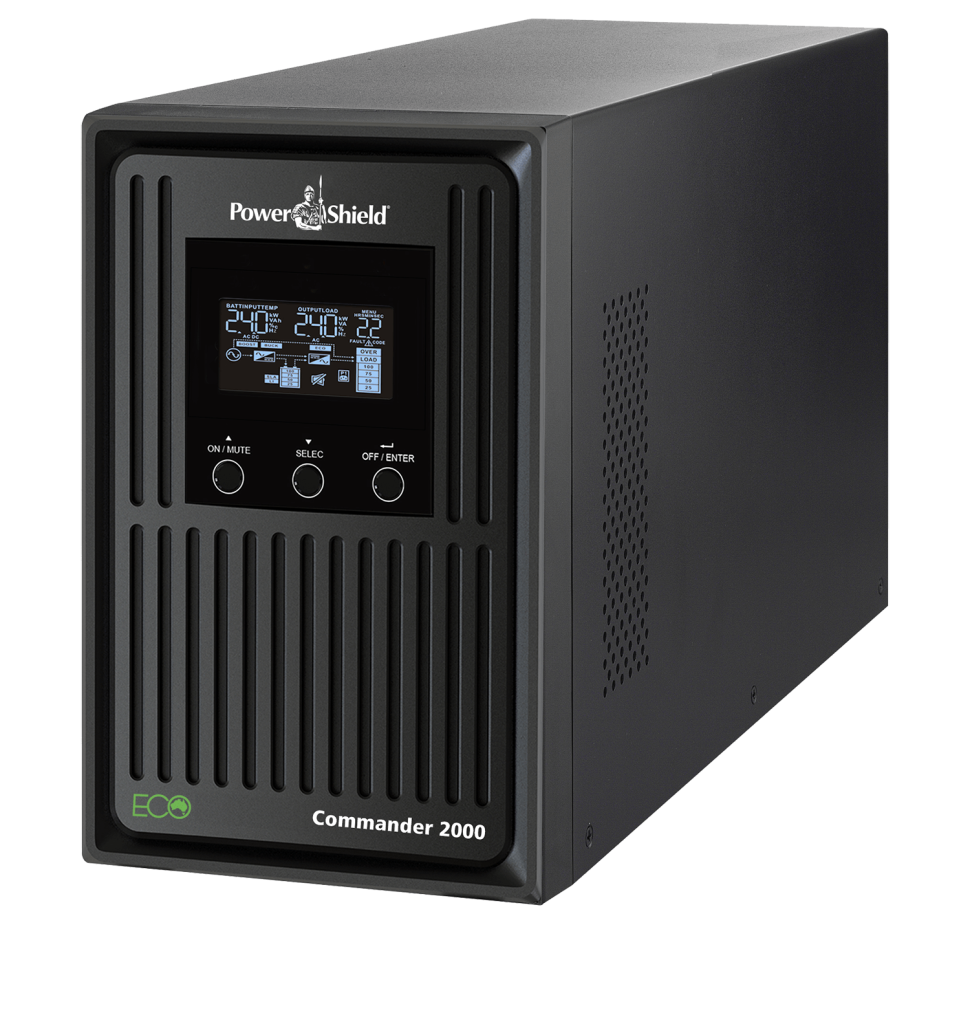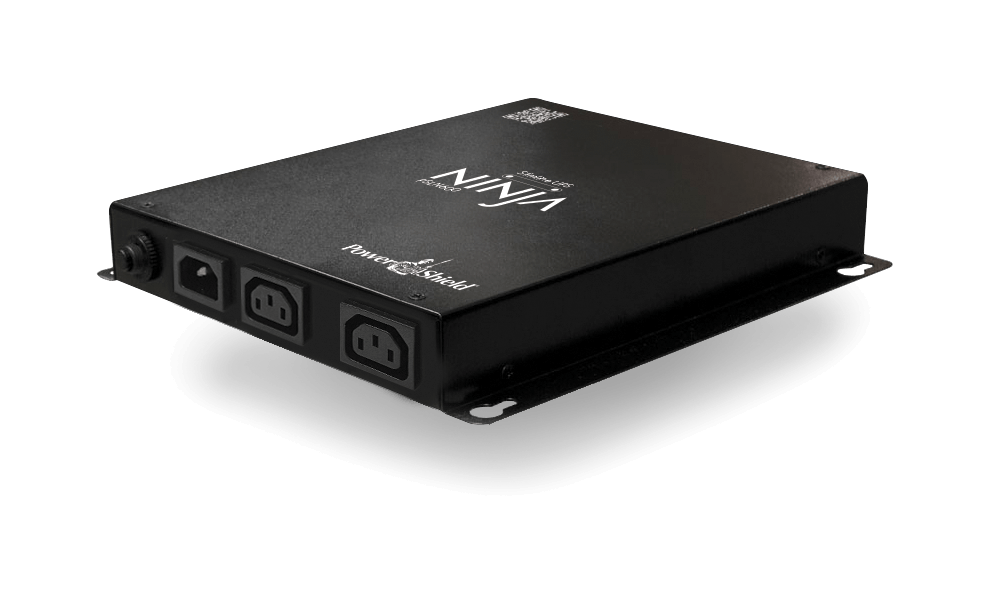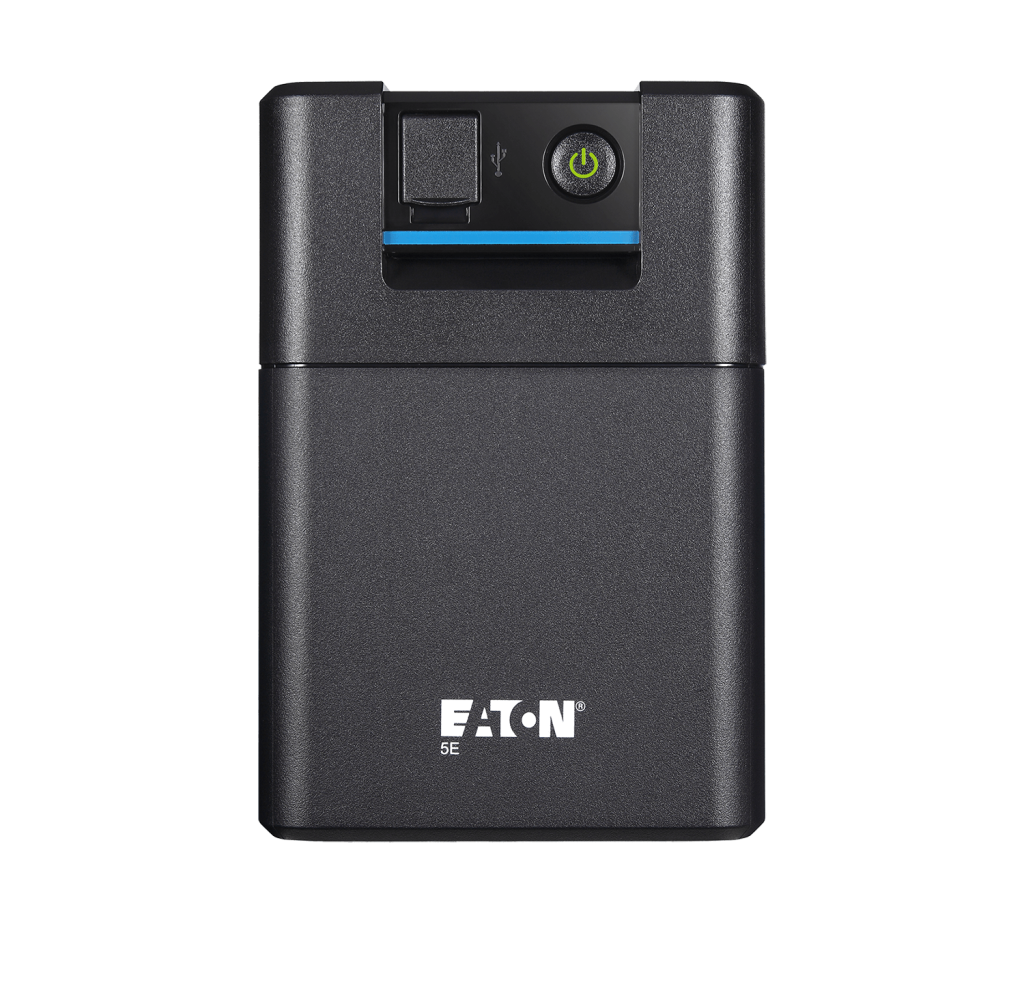
Eaton 5P Lithium Rackmount
Technology:
Power rating:
Voltage:
Configuration:
Warranty:
The Eaton 5P Lithium-ion Rackmount UPS represents a significant advancement in battery technology and remote management, particularly vital for edge computing environments. This UPS harnesses the power of lithium-ion batteries, offering a “set it and forget it” value proposition that streamlines deployment without the maintenance hassles associated with lead-acid batteries.
With reduced weight, improved performance, and an extended warranty, the Eaton 5P Lithium-ion Rackmount UPS surpasses expectations. These advantages, coupled with the product’s prolonged lifespan, enable IT managers to synchronise UPS refresh cycles with their overall IT infrastructure, saving time and resources typically spent on labour and battery replacements. Remarkably, this UPS boasts an average battery lifespan of eight years.
- Performance: Enjoy 2-3 times longer lifespan, perfect for remote edge environments where “set it and forget it” capabilities are invaluable.
- Resiliency: Experience 6 times faster recharging following power disruptions, reducing vulnerability, and enhancing runtime.
- Safety: Equipped with an on-board battery management system (BMS) and proven Lithium Iron Phosphate (LiFePO4) chemistry, ensuring reliable and safe operation.
- Intelligence: The BMS provides real-time insight into battery performance, charge cycles, and active temperature monitoring, empowering users with comprehensive lifecycle information.
- Installation: Its lightweight design (30% lighter than standard lead-acid UPS) and versatile mounting options facilitate quick deployment.
- Guarantee: Enjoy peace of mind with a 5-year all-inclusive warranty covering electronics and batteries.
- The Eaton 5P Lithium-ion Rackmount UPS package includes the UPS unit, a quick start guide, a USB cable, an RS-232 serial cable, a 4-post rail kit, 2 IEC-to-IEC jumper cables, and two locking cables (Input and Output). With its cutting-edge technology and comprehensive features, the Eaton 5P Lithium-ion Rackmount UPS is a game-changer for edge computing environments.
For pricing and further information, please phone Power On Australia on 1300 66 24 35 or complete the enquiry form below.
"*" indicates required fields
- Performance: Enjoy 2-3 times longer lifespan, perfect for remote edge environments where “set it and forget it” capabilities are invaluable.
- Resiliency: Experience 6 times faster recharging following power disruptions, reducing vulnerability, and enhancing runtime.
- Safety: Equipped with an on-board battery management system (BMS) and proven Lithium Iron Phosphate (LiFePO4) chemistry, ensuring reliable and safe operation.
- Intelligence: The BMS provides real-time insight into battery performance, charge cycles, and active temperature monitoring, empowering users with comprehensive lifecycle information.
- Installation: Its lightweight design (30% lighter than standard lead-acid UPS) and versatile mounting options facilitate quick deployment.
- Guarantee: Enjoy peace of mind with a 5-year all-inclusive warranty covering electronics and batteries.
- The Eaton 5P Lithium-ion Rackmount UPS package includes the UPS unit, a quick start guide, a USB cable, an RS-232 serial cable, a 4-post rail kit, 2 IEC-to-IEC jumper cables, and two locking cables (Input and Output). With its cutting-edge technology and comprehensive features, the Eaton 5P Lithium-ion Rackmount UPS is a game-changer for edge computing environments.
FAQs
Are your UPS' reliable?
UPS’ are very reliable when used in accordance with the manufacturers instructions. Like many electronic devices, they can be easily mistreated.
How do UPS' work?
UPS’ work by preventing interruption of Power to the critical load. This is usually happens by providing a secondary source of energy – like a battery – to run your critical load. There are a handful of different methods for UPS operation, that deliver somewhat different results.
How do UPS' work in a data centre?
Data Centres use a large Centralised UPS array, backed up by generators as well as the grid, to keep power available to the data centre uses for many hours in circumstances when grid power has failed.
What UPS do I need?
The UPS you will need will absolutely be defined by what your load is. A PC will need a different size UPS to a refrigerator, or a variable speed drive. That’s because the loads are very different in nature.
Where is UPS used?
A UPS is expected to be used in any clean, dust Free, temperature and humidity controlled location. Using a UPS outdoors, or in a vehicle or on a ship or an oil rig requires specialist UPS systems.
Which UPS is best for home?
If you are using your UPS in a major city home, and for typical home IT equipment, like PC’s, TV’s and modems, a ‘line interactive’ UPS is all that is generally required. In areas where your power supply is weak or poor quality, or your supported equipment is more critical in nature – like a CPAP machine or humidicrib, it is best to get specialist advice.
Which UPS battery is best?
UPS batteries are divided generally into 2 types. High rate batteries and non high rate batteries. High rate batteries can support a large burst of energy for short periods of time – like 30 minutes, but have a comparatively short service life. Non high rate batteries are designed for long slow discharges, and can often support equipment for many hours, and will last near double the lifespan of high rate batteries. Battery type and sizing is complex, best to seek professional advice here.
Which UPS is best for Computer or Gaming PC?
The best type of UPS is best for every type of application because of the way it’s expected to work. These are double conversion UPS’s, sometimes called true on line UPS’s. They work very differently to more economical UPS’s, are more complex, more reliable, more powerful and significantly more expensive that the low cost UPS’s. If ‘best’ means highest reliability and best quality power output with fewest power breaks to you, get Double Conversion.
Why is UPS used?
A UPS is used solely to prevent or limit interruption of mains power to critical loads. Other add on functions like surge protection, alarms and communications and remote control of servers is not a core UPS function.
If you have a question we haven’t featured in our FAQs, please use the form above and we’ll get back to you as soon as possible. Thank you.




